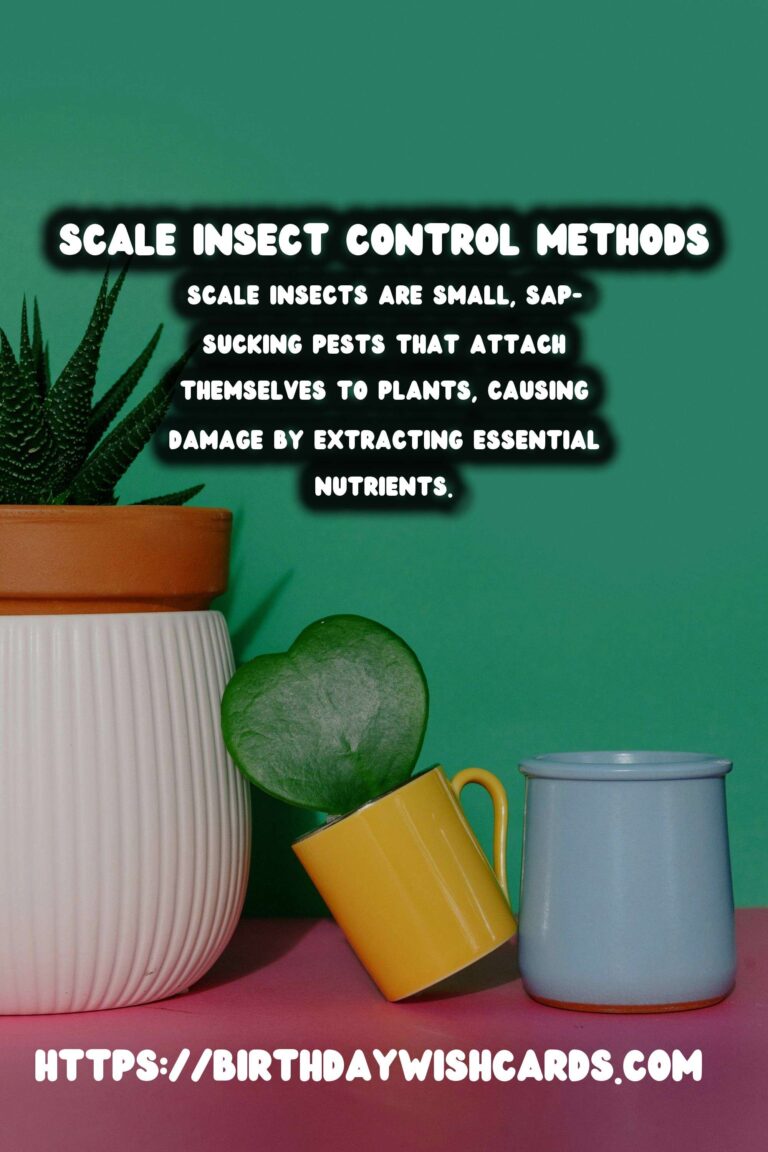
Gardening enthusiasts often face the challenge of dealing with various pests that threaten the health and beauty of their plants. Among these, scale insects are particularly notorious for the damage they can inflict. In this article, we will delve into the world of scale insects, exploring their lifecycle, the damage they cause, and most importantly, strategies for controlling and preventing infestations.
What Are Scale Insects?
Scale insects are small, sap-sucking pests that can be found on a wide variety of plants. They belong to the superfamily Coccoidea and are known for their protective scales, which make them difficult to control. These insects attach themselves to the stems, leaves, and sometimes fruits of plants, where they suck sap and excrete a sticky substance known as honeydew. This honeydew can lead to the growth of sooty mold, further harming the plant.
Lifecycle of Scale Insects
Understanding the lifecycle of scale insects is crucial for effective control. The lifecycle begins with eggs, which are often laid under the protective scale of the adult female. Once the eggs hatch, the young scale insects, known as crawlers, are highly mobile and spread to new feeding sites. As they mature, they settle down, form their protective scales, and become less mobile. Adult females remain stationary, while males may develop wings and move in search of mates.
Identifying Scale Insect Infestations
Early detection of scale insect infestations is vital for preventing extensive damage. Signs of infestation include yellowing leaves, stunted growth, and the presence of honeydew and sooty mold. A closer inspection of the plant may reveal small, round or oval bumps, which are the scale insects themselves. These can range in color from brown to white, depending on the species.
Damage Caused by Scale Insects
Scale insects can cause significant damage to plants by depriving them of essential nutrients. This can lead to weakened plant structure, reduced growth, and in severe cases, plant death. The honeydew excreted by these insects can also attract other pests and lead to the growth of sooty mold, which can block sunlight and further hinder photosynthesis.
Effective Scale Insect Control Methods
Controlling scale insects requires a combination of cultural, biological, and chemical methods. Here are some effective strategies:
Cultural Control
Maintaining plant health through proper watering, fertilization, and pruning can help prevent scale infestations. Removing heavily infested plant parts can also reduce the population of these pests.
Biological Control
Natural predators, such as ladybugs and parasitic wasps, can be effective in controlling scale insect populations. Introducing these beneficial insects into your garden can help keep scale numbers in check.
Chemical Control
For severe infestations, horticultural oils and insecticidal soaps can be used to smother scale insects. Systemic insecticides may be necessary in cases where other methods fail, but they should be used with caution to minimize harm to beneficial insects.
Preventing Future Infestations
Prevention is key to avoiding scale insect problems. Regular monitoring of plants, maintaining plant health, and promoting a diverse ecosystem in your garden can help prevent future infestations. Encouraging natural predators and avoiding the overuse of broad-spectrum insecticides will also contribute to a balanced garden environment.
Conclusion
Scale insects pose a significant threat to plant health, but with proper identification and a combination of control methods, they can be effectively managed. By understanding their lifecycle and implementing preventive measures, gardeners can protect their plants and enjoy a thriving garden. Remember, a healthy plant is less susceptible to pests, so focus on maintaining overall plant health to reduce the risk of scale insect infestations.
Scale insects are small, sap-sucking pests that attach themselves to plants, causing damage by extracting essential nutrients. The lifecycle of scale insects includes eggs, mobile crawlers, and stationary adults, making early detection crucial. Scale insects can lead to yellowing leaves, stunted growth, and the presence of honeydew and sooty mold. Effective control methods include cultural, biological, and chemical strategies to manage and prevent infestations. Maintaining plant health and promoting natural predators are key to preventing future scale insect infestations. 
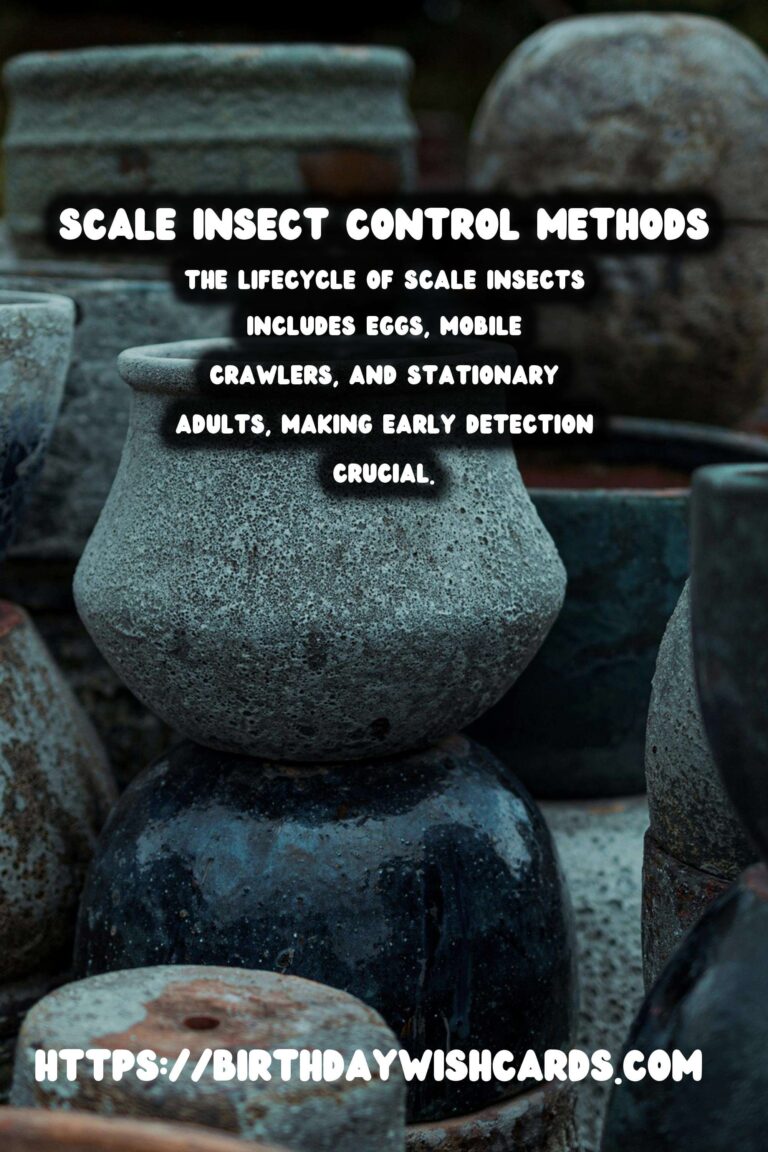
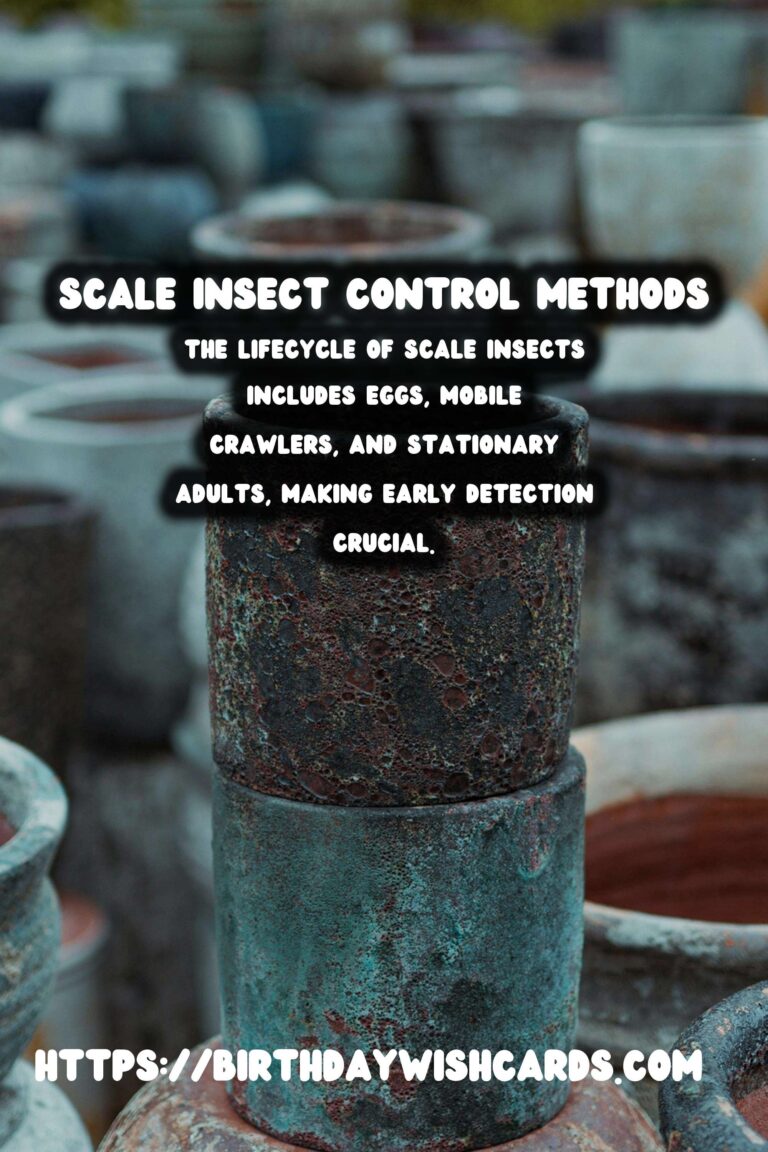
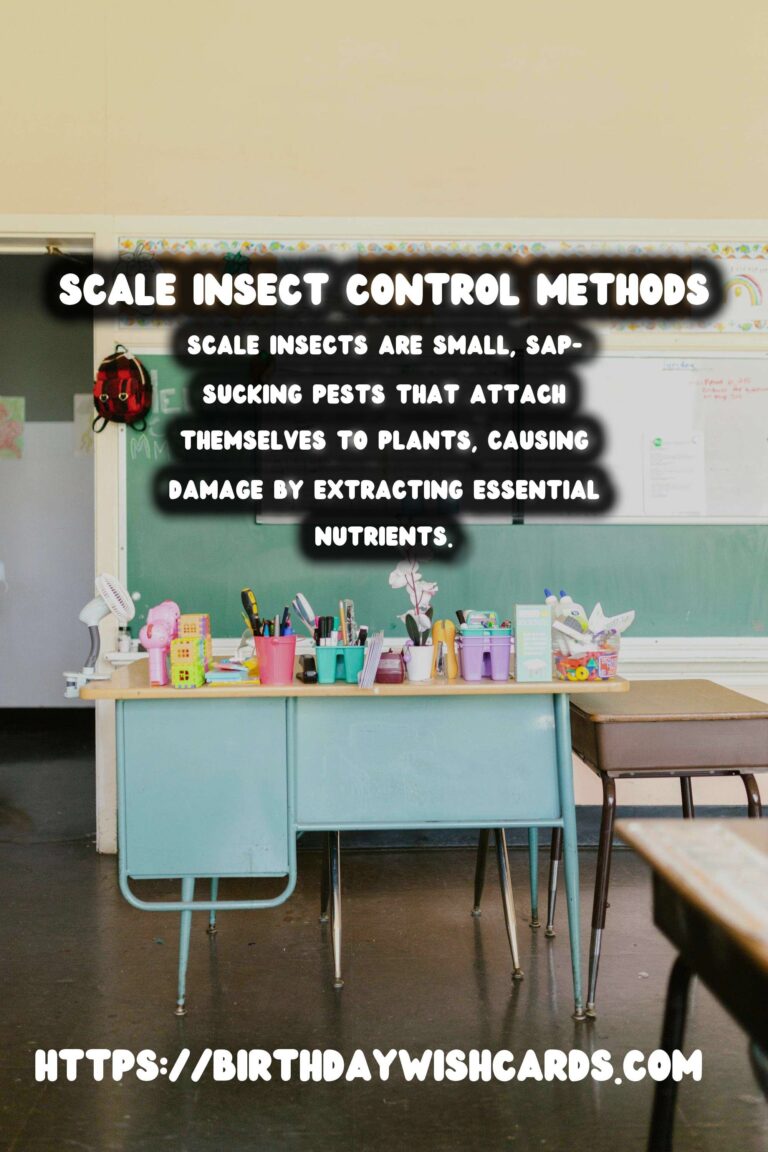
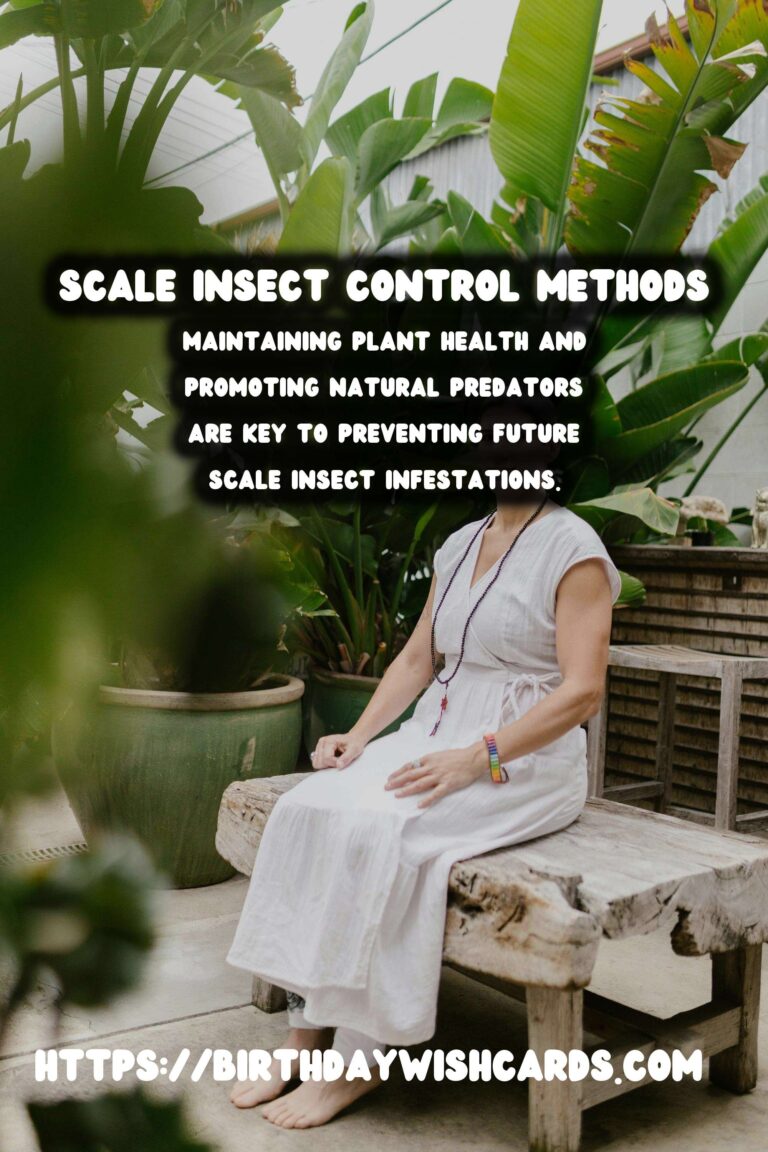
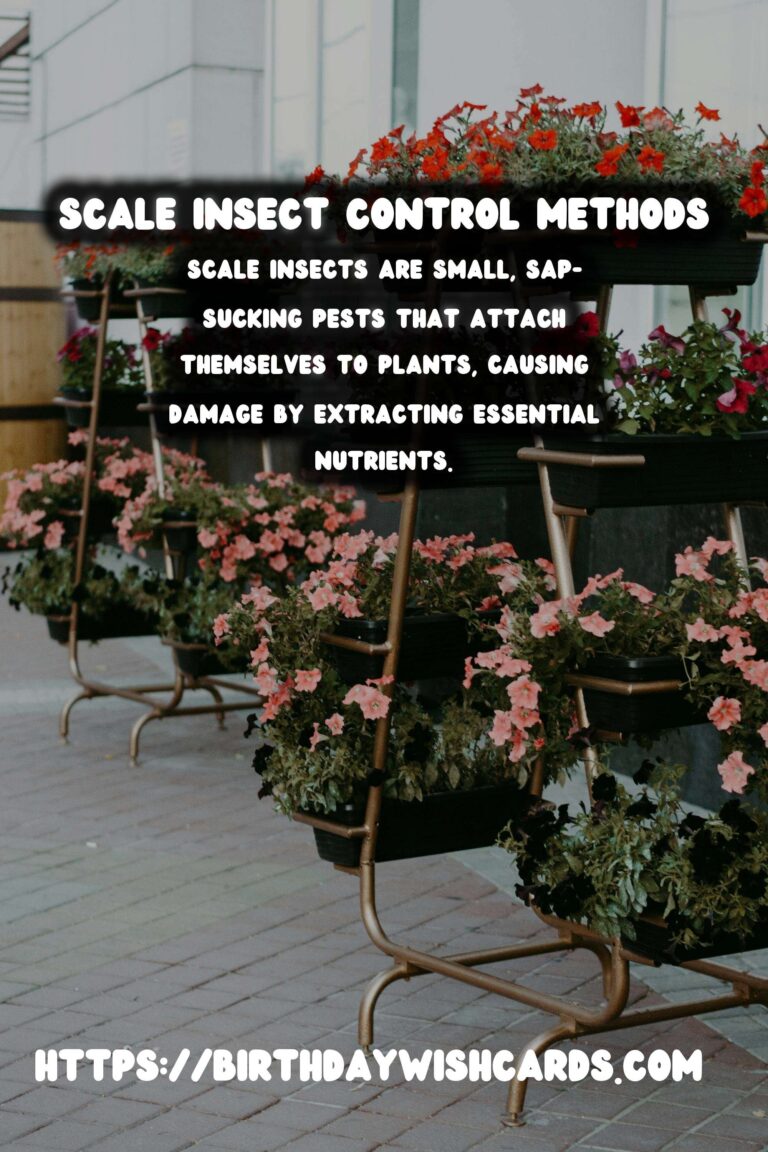
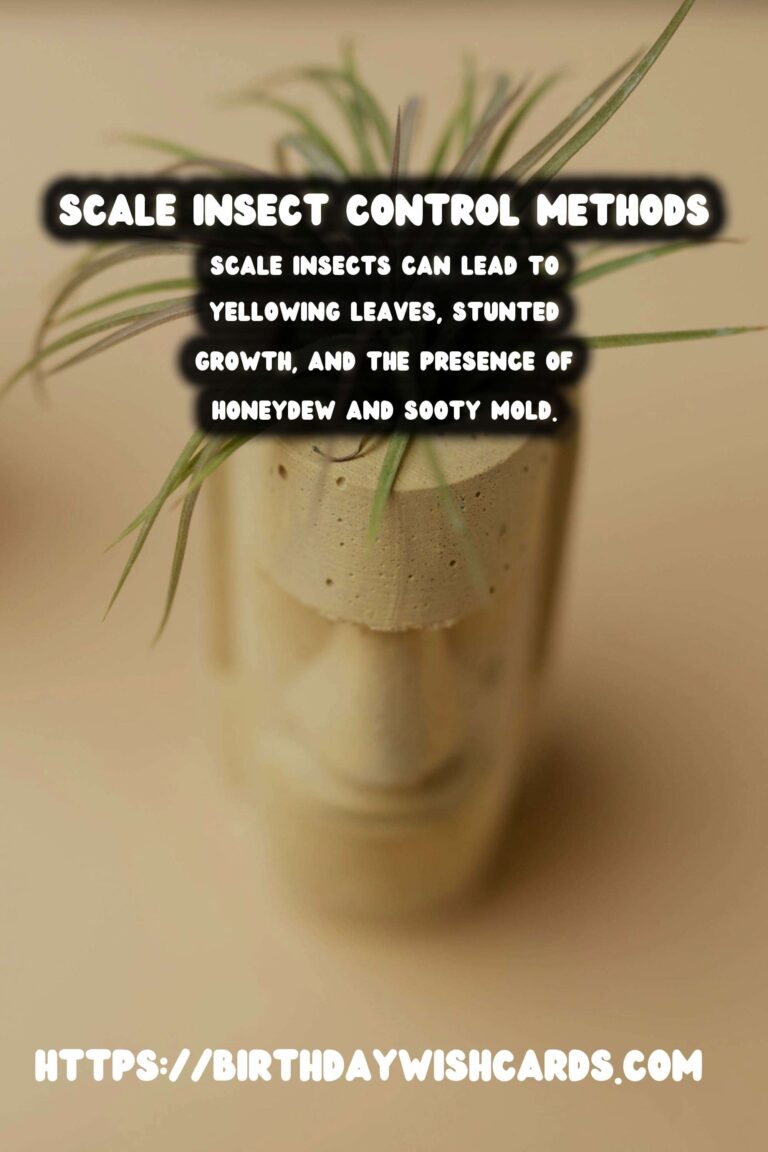
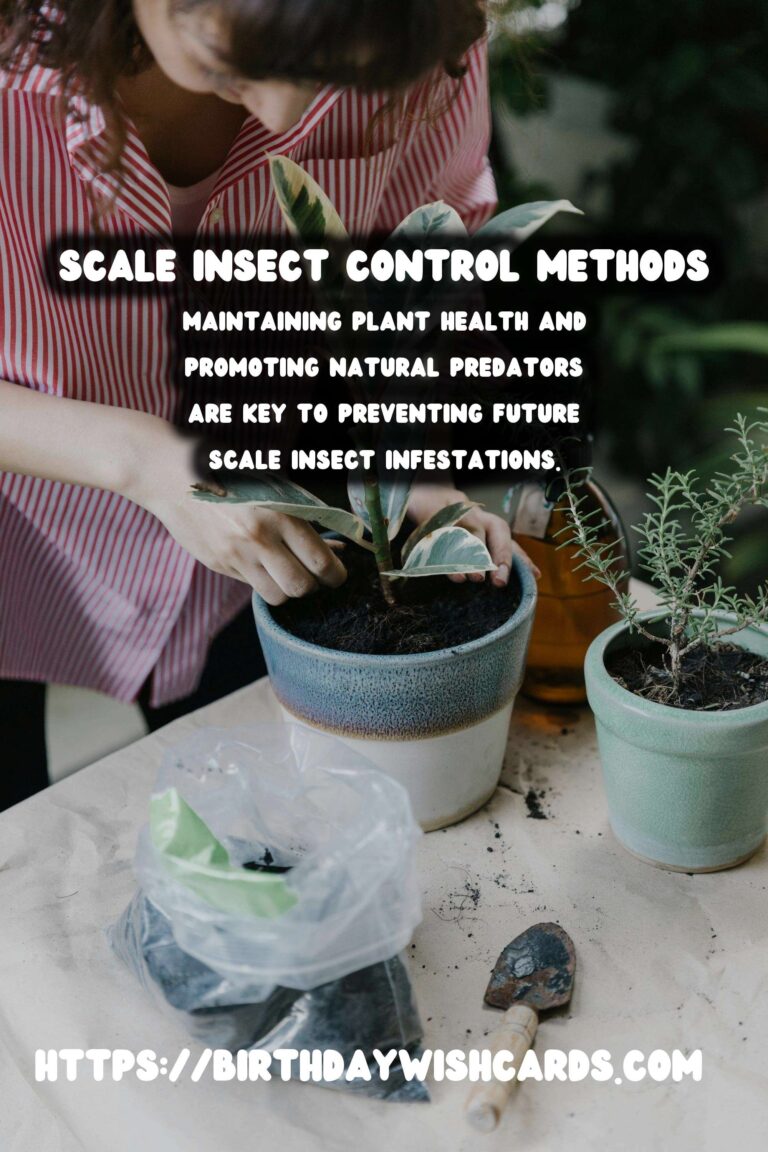
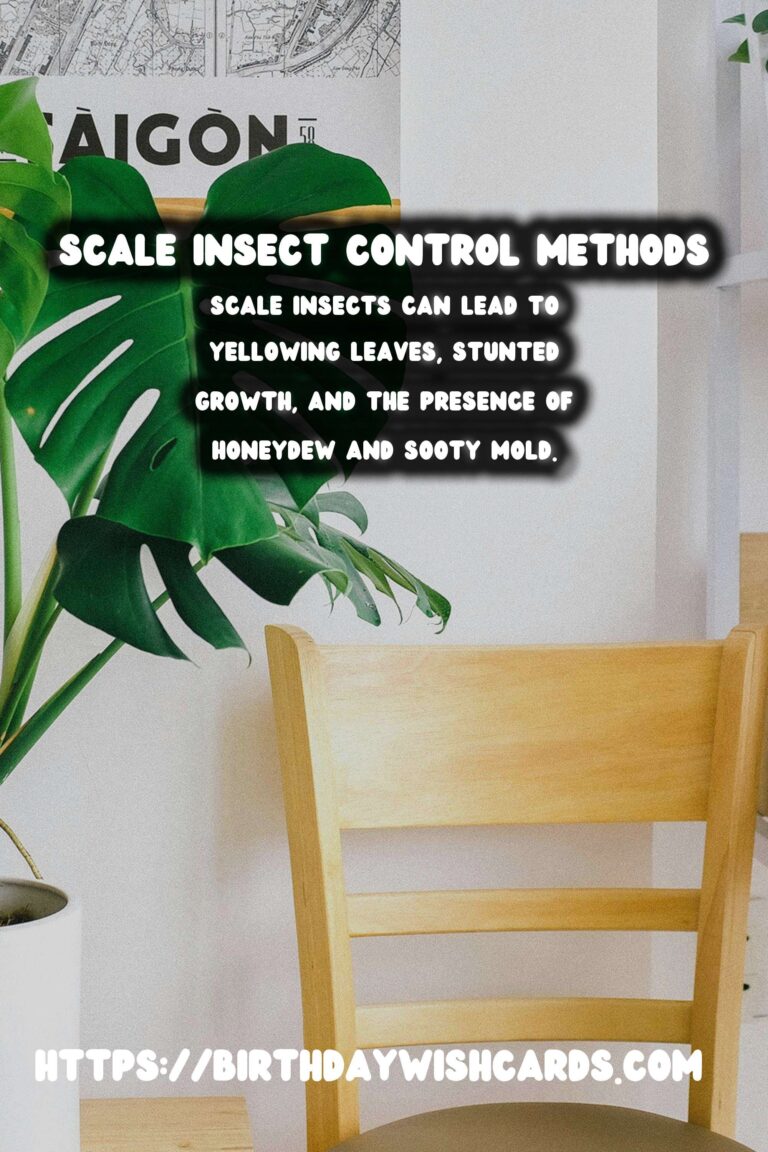
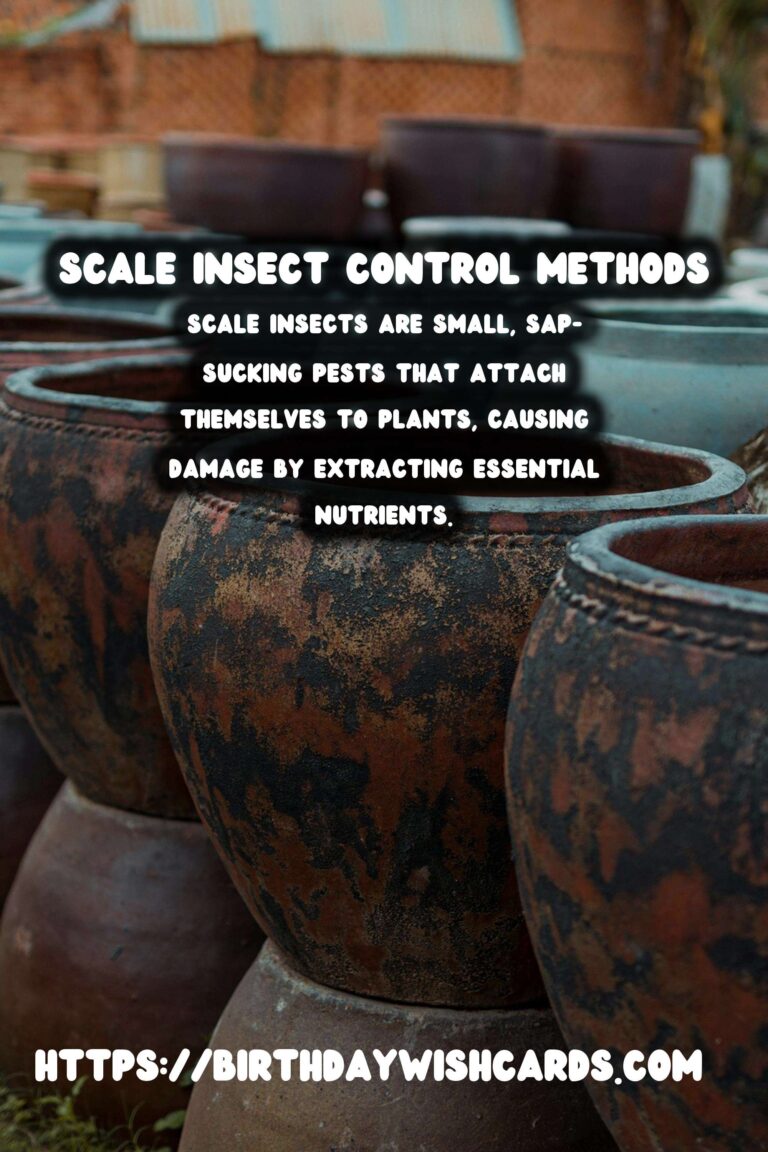
#Gardening #PlantCare #PestControl #ScaleInsects #GardeningTips




